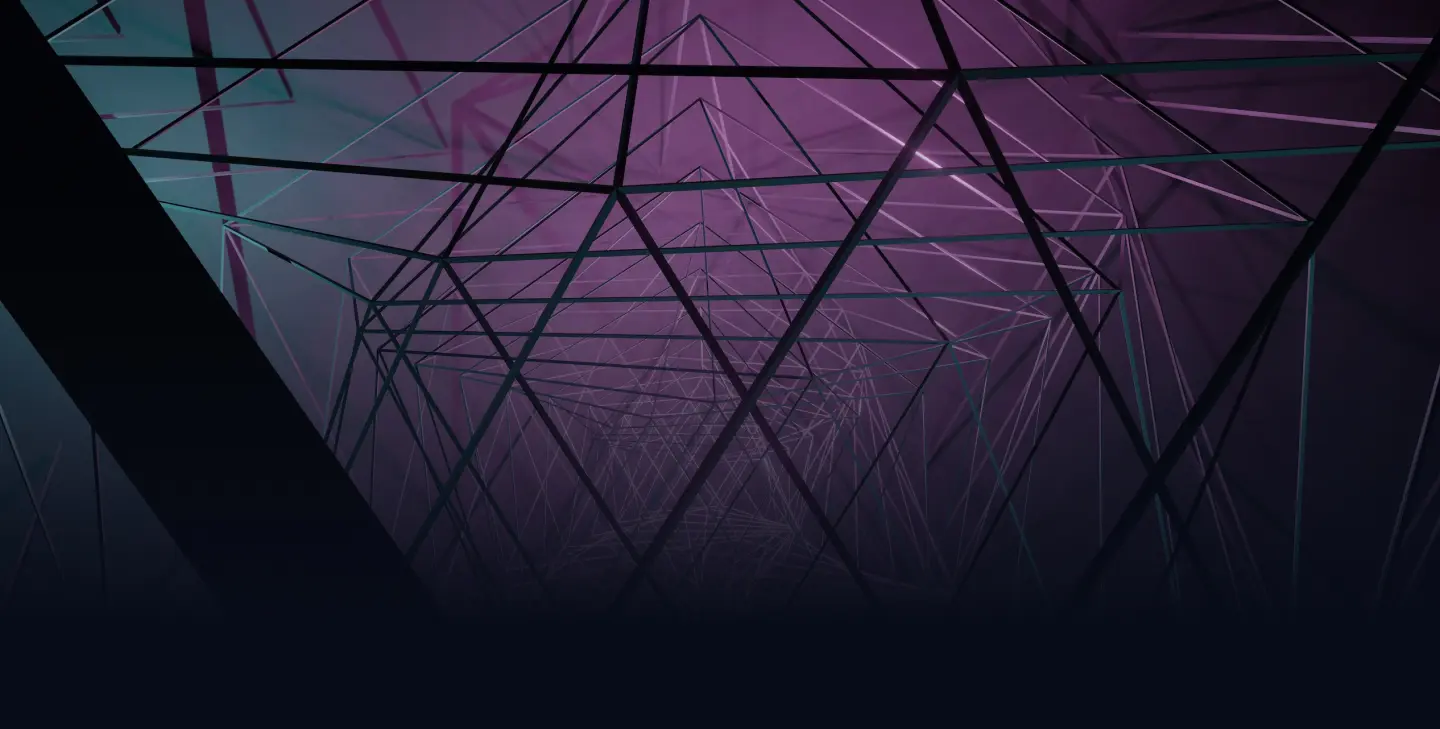
Digital Frontier Forum 2025
Digital Frontier Forum unite 120+ tech leaders to discover how Singapore brings transformative technologies to market
Be aware of scammers impersonating as IMDA officers. Government officials will NEVER call you to transfer money, disclose bank log-in details or request for your personal information. For scam-related advice, please call the ScamShield Helpline at 1799 or go to www.ScamShield.gov.sg.

This is our vision for the future of digital, and how we are bringing it to life.